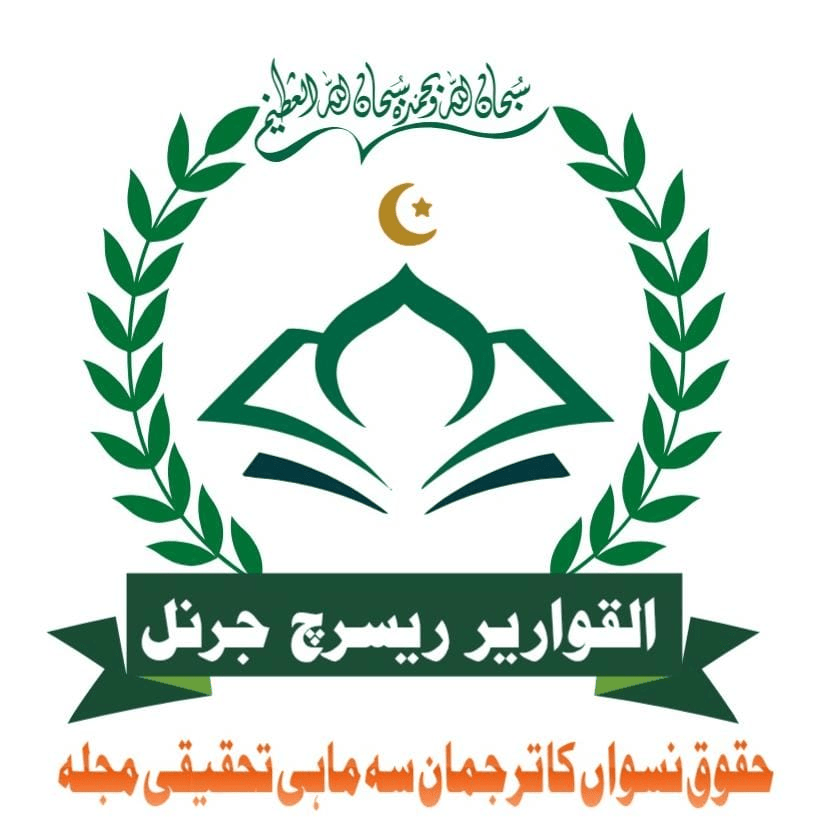مشاكل وقضايا المرأة المطلقة في باكستان وحلولها في ضوء الشريعة الإسلامية
Problems and Issues of Divorced Women in Pakistan and their Solutions in the Light of Islamic Sharīah
DOI:
https://doi.org/10.1000/rbx91444Keywords:
Divorce, Factors, Pakistan, Problems, Sharīah, RecommendationsAbstract
This article examines the problems and issues faced by divorced women in Pakistan, including social stigma, economic hardship, legal challenges, and psychological distress. Despite being permissible in Sharīah, the divorce (al-Ṭalāq) is the most disliked act in the eyes of Allah Almighty. In certain scenario where there is no other suitable option to keep the marital relationship, the man is authorized to terminate the relationship through divorce. There are several reasons for the occurrence of the divorce, some of which belong to the husband and others belong to wife and some belong to the society. The article delves into the societal pressures that exacerbate their plight, exploring potential solutions within the framework of Islamic Sharīah, advocating for a more compassionate and just interpretation of Islamic principles to alleviate the suffering of divorced women. The proposed solution and recommendations include reinforcing women’s rights to financial support, ensuring equitable treatment in legal matters, and promoting community-based support systems. By aligning contemporary challenges with Sharīah principles, the article argues for a more inclusive and empathetic approach to addressing the issues faced by divorced women in Pakistan, fostering their empowerment and social integration.
Downloads
Downloads
Published
Issue
Section
License
Copyright (c) 2024 Batool Zahra , Prof Dr Mustafeez Ahmad AlviProfessor (Author)

This work is licensed under a Creative Commons Attribution-NonCommercial-NoDerivatives 4.0 International License.




